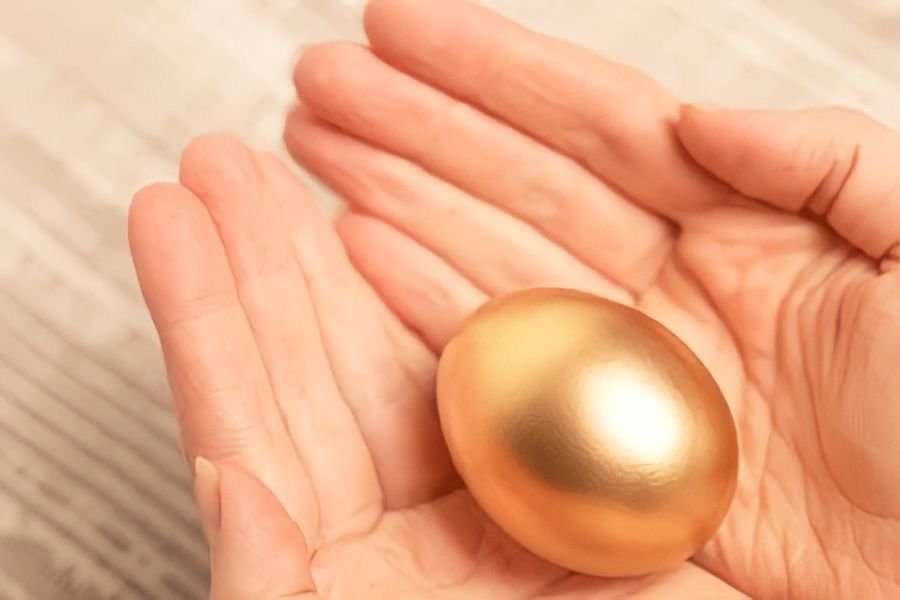In recent years, there has been a trend of more and more people choosing to become egg donors. While the reasons for this are varied, there are some common themes that stand out. Read on to learn more about why this trend is happening and what it could mean for the future of fertility treatments.
One of the most common reasons cited by women who choose to become egg donors is that they want to help others. For many women, the idea of being able to help someone else have a baby is immensely gratifying. Egg donation provides an opportunity for these women to help those who may not be able to have children otherwise. This sense of altruism is a strong motivating factor for many women who choose to become egg donors.
In addition, more and more women are becoming aware of the financial compensation that can be gained from egg donation. While the compensation varies from Agency to Agency it is not unusual for egg donors to receive several thousand dollars per cycle. For some women, this money can be used to help cover the costs of their own fertility treatments. Others simply see it as a way to pad their savings or pay off debt. Regardless of the reason, the financial incentive is certainly playing a role in the increased popularity of egg donation.
Finally, it is worth noting that the legal landscape surrounding egg donation has changed in recent years. In some states, there are now laws in place that protect egg donors from having any legal responsibility for any children that are born as a result of their donation. This has helped to ease some of the concerns that potential donors may have about the implications of their donation.
The trend of more people choosing to become egg donors shows no signs of slowing down anytime soon. There are a number of reasons why this is happening, including altruism, financial compensation, and changes in legal protections for egg donors. Whatever the reason may be, it is clear that egg donation is here to stay.

